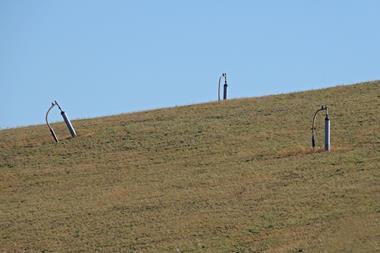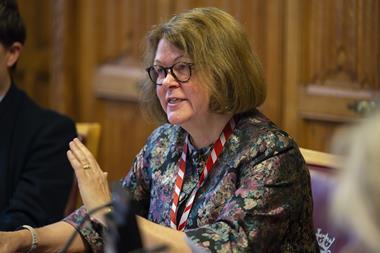The UK Emissions Trading Scheme (ETS) Authority is consulting on expanding the ETS to include the maritime sector and recognise non-pipeline transport methods for carbon dioxide, such as shipping, road or rail, for moving captured carbon into geological storage.
In an announcement published on 28 November, the authority also said it would be making changes to remove excess free allowances from businesses who cease activity in their final year of operation to ensure that their free allocation is proportionate to their activity levels.
Launched in 2021, the UK ETS aims to decarbonise the UK’s aviation, power and industry sectors by setting a limit on emissions, with allowances that can be traded, creating a carbon price that incentivises businesses to reduce their emissions.
Including the maritime sector within the ETS would mean that businesses with ships operating domestic voyages would need to obtain allowances for every tonne of carbon they emit, ensuring that the price of fuels used by the sector more accurately reflects their environmental impact.
Recognising non-pipeline transport methods would ensure that operators transporting carbon dioxide for storage can deduct the amount they send to storage from their reportable emissions, providing economic support for industrial sites without access to pipelines.
In a joint statement, UK ETS Authority ministers said the proposals were about ‘incentivising’ business to lower emissions as the UK transitions to a ‘greener future’.
‘Expanding the UK ETS to include maritime and recognising non-pipeline transport for carbon capture and storage will encourage investment into clean technologies, a vital growth industry in the UK,’ they added.
Consultations on the two proposals will close on 23 January 2025 and, if agreed, the proposed changes will come into effect from 2026.

















No comments yet